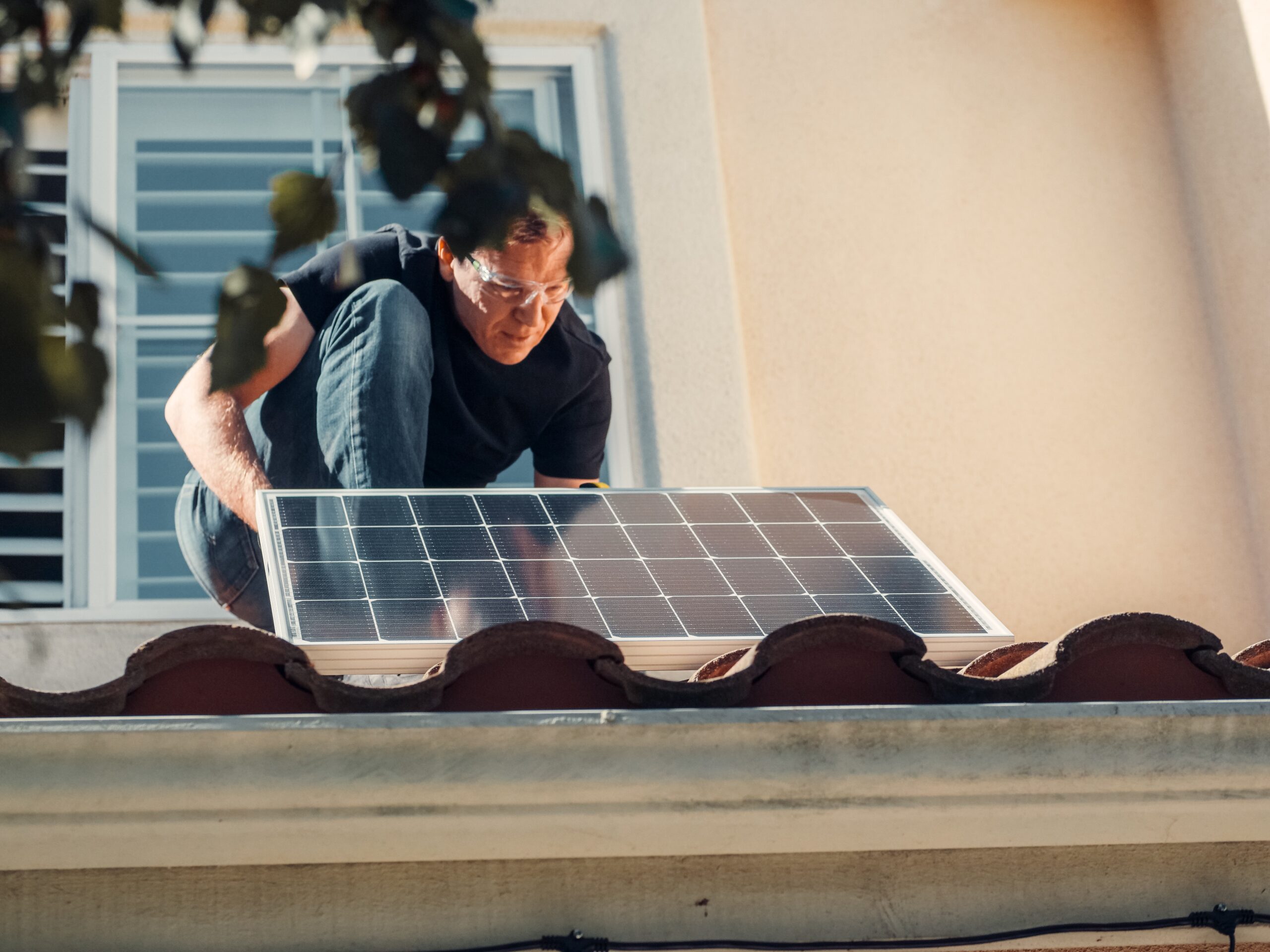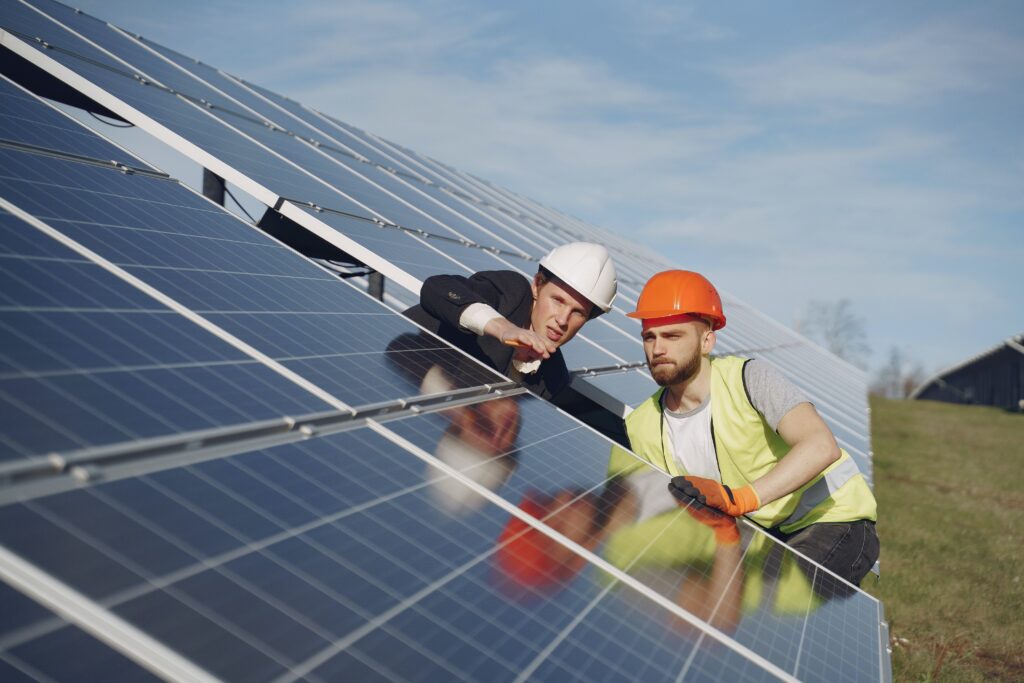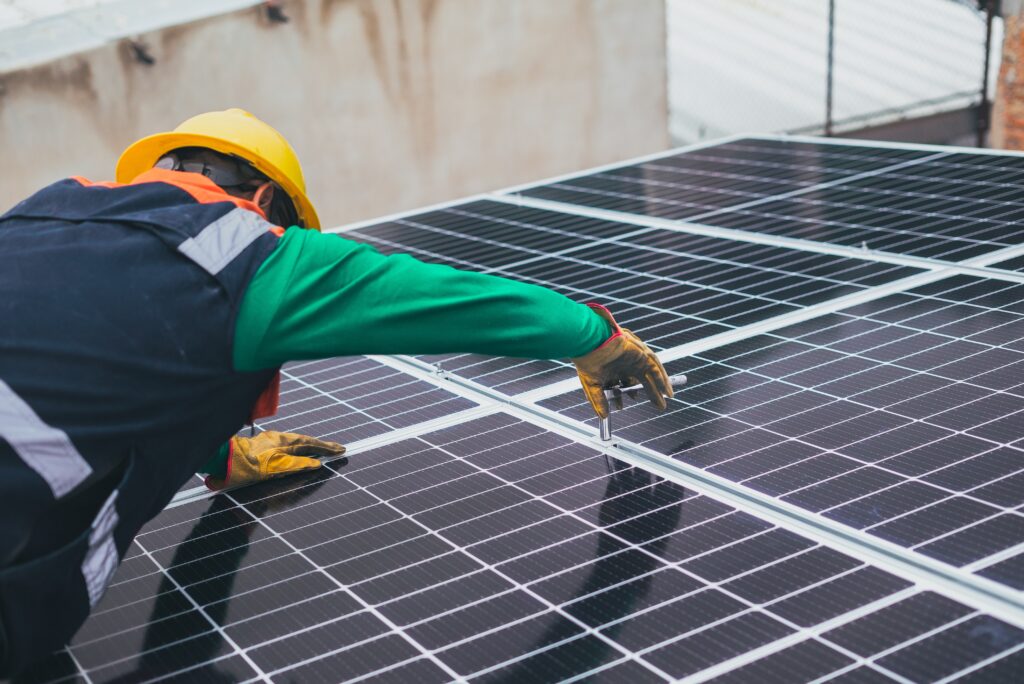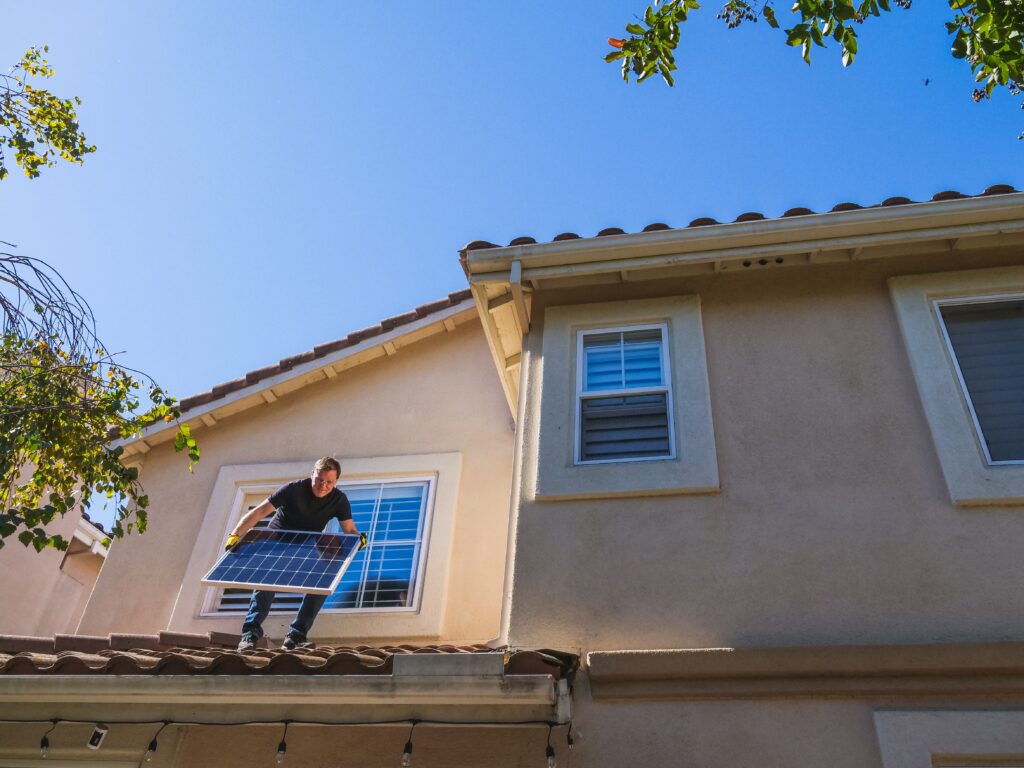
As we move towards a more sustainable future, solar panels have become an integral part of our homes. They are helping us harness the sun’s free and abundant energy. These eco-friendly powerhouses significantly reduce our reliance on fossil fuels and cut down on electricity bills. However, like any home investment, you need to repair or replace your solar panels; ensuring they are in prime condition helps you maximize their lifespan.
In this article, we will guide you through six vital signs that will arm you with the knowledge needed to keep your off-grid solar system running efficiently.
Drastic Decrease in Energy Production
When operating correctly, solar panels can provide a significant portion, if not all, of a home’s energy needs. However, if you begin to notice a sudden and considerable decrease in your home’s power or a significant increase in your electricity bills, this could be a sign that your solar panels are not producing energy as efficiently as they should be.
Various factors, such as dirt accumulation, shading, or technical issues, can cause a decrease in energy production. It’s recommended to have your system inspected by a professional if you notice any drastic changes. Depending on the cause, you may need to repair or replace your panels entirely to restore optimal energy production.

Alt Tag: Expert electricians examining the efficiency of solar panels.
Visible Physical Damage
Any physical damage to your solar panels can significantly impact their performance. Cracks or broken glass can hinder sunlight absorption, decreasing energy output. Visible damage to solar panels can range from cracks and fractures to discoloration. These issues may arise due to weather conditions, falling debris, or even animals.
Moreover, discoloration may indicate underlying issues like water damage or burn marks from overheating. These problems can gradually worsen, reducing the panels’ effectiveness. If you notice any such signs, calling in a professional is crucial. Quick action can prevent further damage and restore your panels to peak performance.
Frequent Maintenance and Repairs
Solar panels are known for their durability and low maintenance needs. Routine care typically involves occasional cleaning to remove dust or debris and periodic professional inspections to ensure everything runs smoothly. However, if your solar panels require frequent repairs, it could indicate underlying issues. These could range from manufacturing defects to improper installation or even damage from severe weather conditions. Repeated repairs interrupt your energy supply and can become a financial burden over time. Suppose you constantly need to fix issues with your solar panels. In that case, it might be time to evaluate whether continuing repair or opting for replacement is more cost-effective and efficient.

Updated Technology and Efficiency
Over the past few years, solar technology has evolved significantly. Newer models of solar panels are more efficient and durable and often come with enhanced features that older models might lack. These advancements can result in higher energy production, improved weather resistance, and more extended warranties.
Upgrading to more efficient off-grid solar panels can lead to increased savings on your energy bills and a reduced carbon footprint. In addition, the latest models often require less maintenance and are designed to withstand harsh weather conditions better, offering more reliability.
If your existing panels are frequently malfunctioning and are relatively outdated, replacing them with newer models might be more beneficial than continuing to invest in repairs. But, if you’re unfamiliar with the condition of these panels because you are moving to your new home, it’s wise to have them evaluated by professionals. And while you use the services of experienced people ready to help with your long-distance move to Texas, also ask for solar professionals who can comprehensively assess your new house’s solar panels.
Changes in Energy Usage or Needs
Our energy needs can change over time for various reasons, such as adding new appliances, changing family size, or even spending more time at home. If your solar panels are no longer meeting your household’s energy needs, it might be time to reassess your solar system. Depending on the energy output, it might be time to repair or replace your solar panels.
Solar panels are designed to cater to your specific energy usage during installation. If your energy consumption has increased significantly since then, your current solar panels might not be sufficient. In such cases, you might need to consider expanding your solar system or replacing it with a more powerful one to meet your increased energy needs. However, it’s essential to have a detailed energy audit to understand your current energy consumption before making any decisions.
Age of the Solar Panels
The average lifespan of the solar panel is from 25 to 30 years. However, like any piece of technology, their performance can decline over time. Constant exposure to the elements and regular wear and tear can contribute to that.
Age can have a significant impact on your solar panels’ efficiency. As panels age, their ability to absorb sunlight and convert it into electricity gradually diminishes. Although they can still produce energy, the output may not meet your home’s needs. If your solar panels are nearing the end of their expected lifespan and their performance has noticeably declined, it might be time to consider replacing them.

Do You Need to Repair or Replace Your Solar Panels?
Keeping an eye on your solar panels’ performance is the key to maintaining an efficient solar energy system. Regular maintenance can help you identify and address issues early. It will help you know exactly when it’s the time to repair or replace your solar panels. This will save you from bigger and more costly changes down the line. As homeowners, it’s our responsibility to ensure our solar panels are working efficiently, providing us with clean, green energy. Stay vigilant, stay informed, and let’s harness the sun’s power to the fullest.
